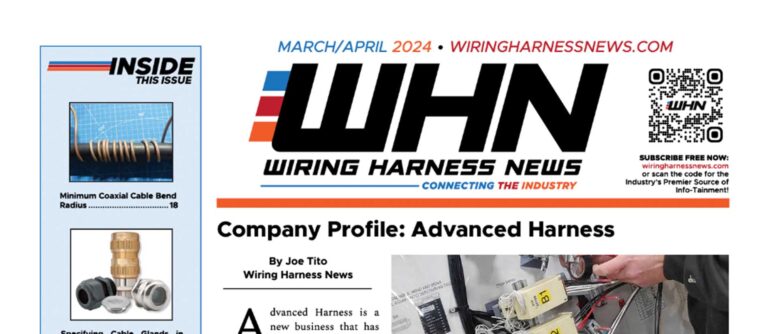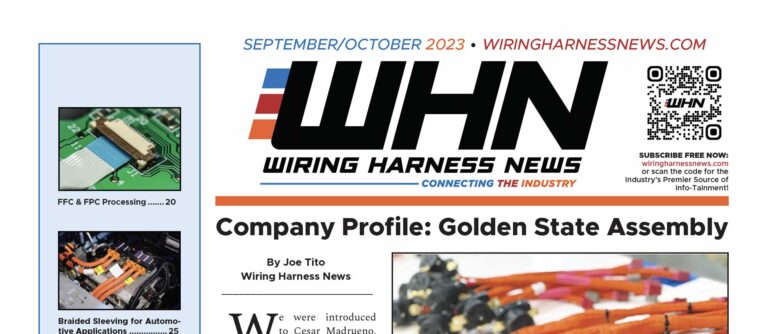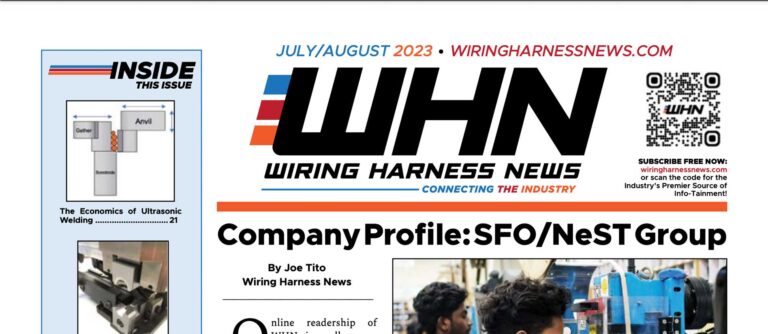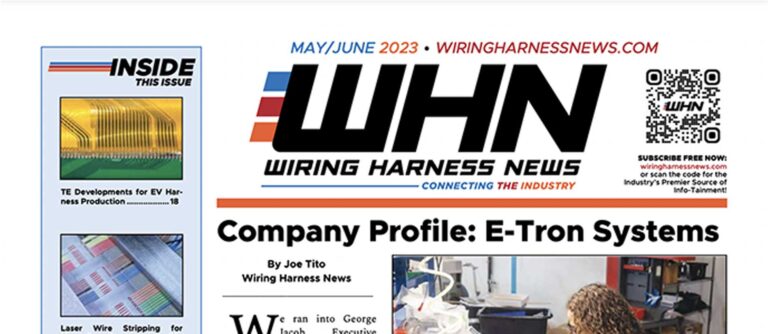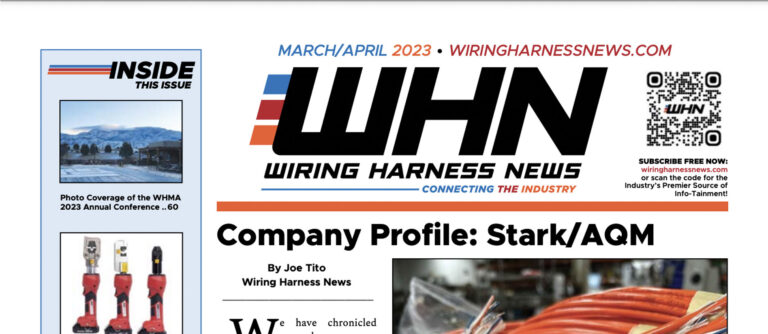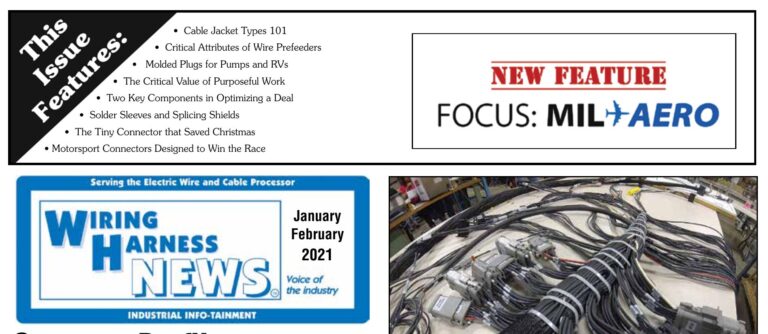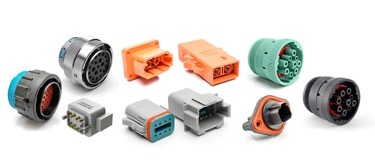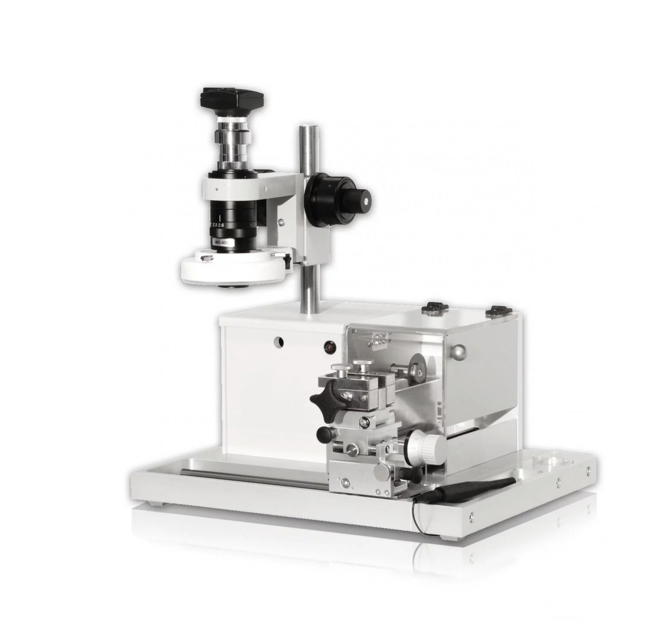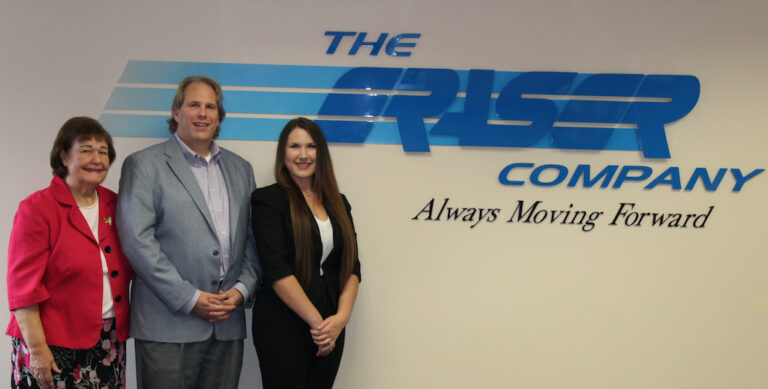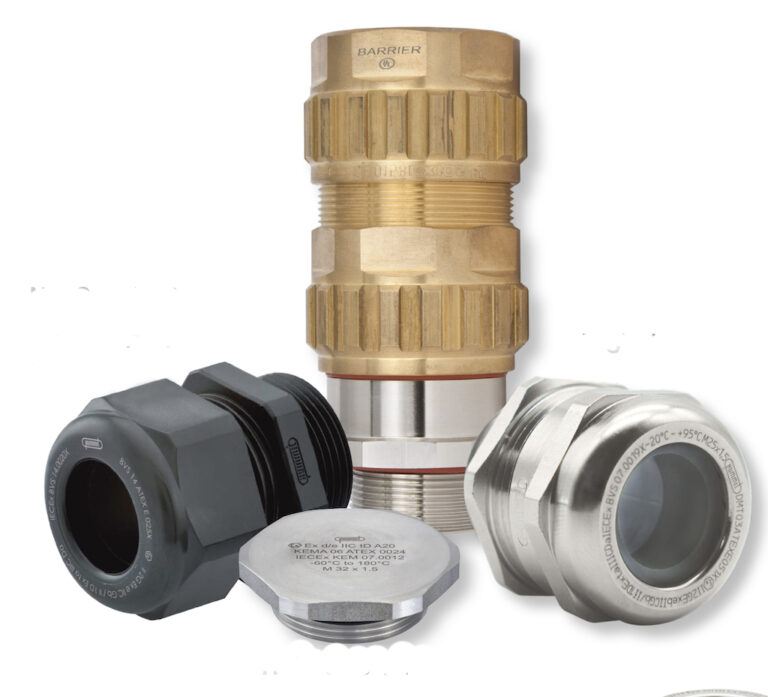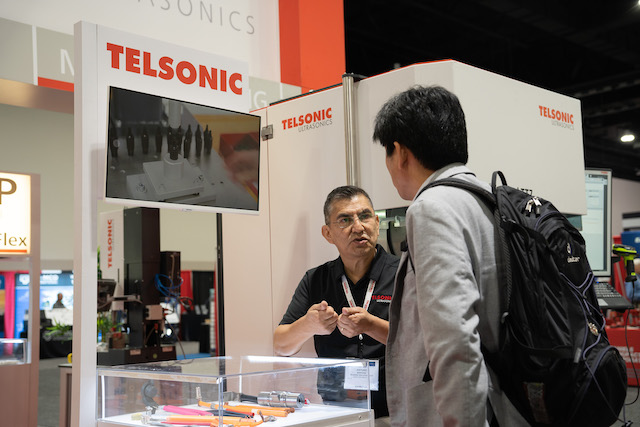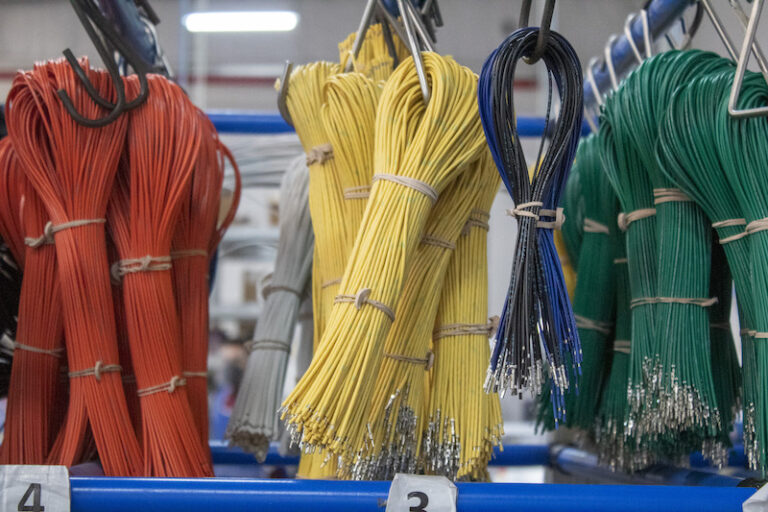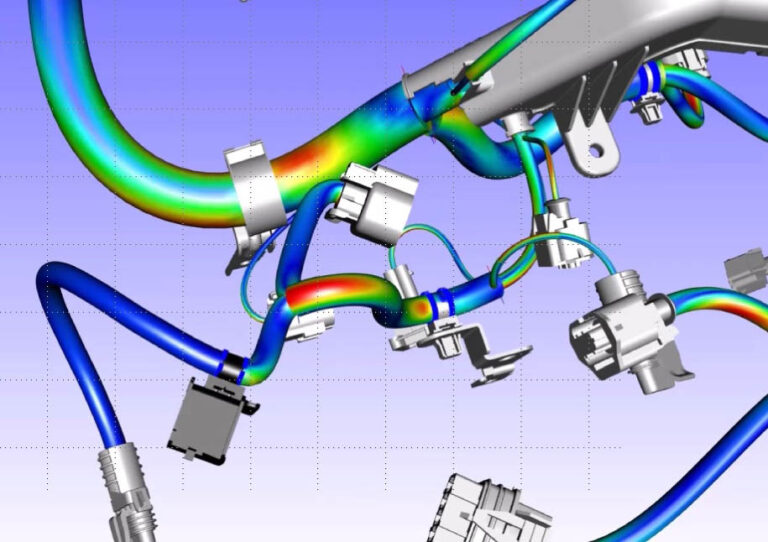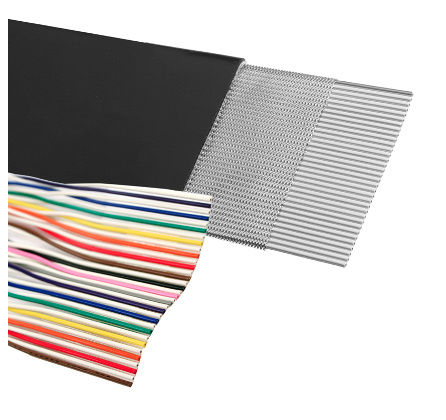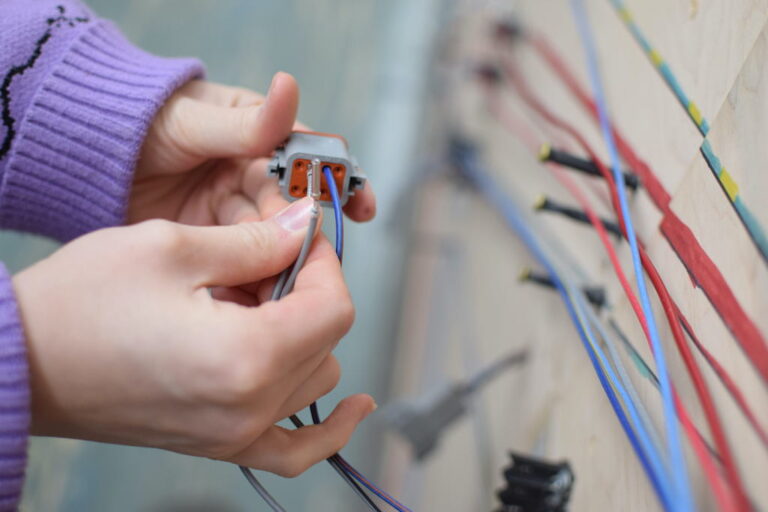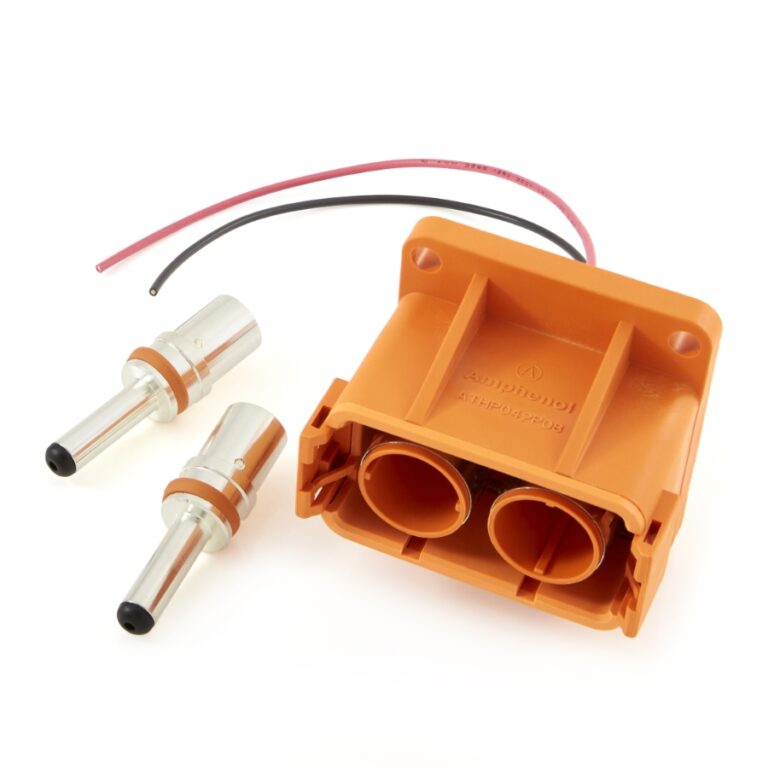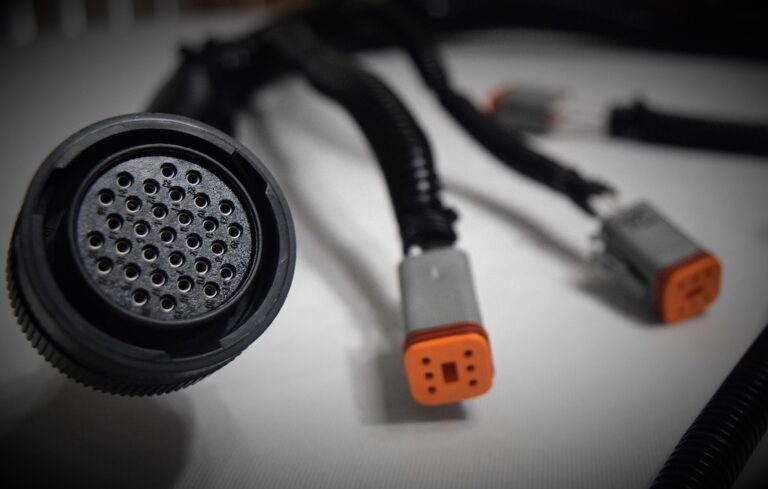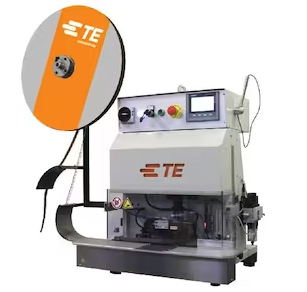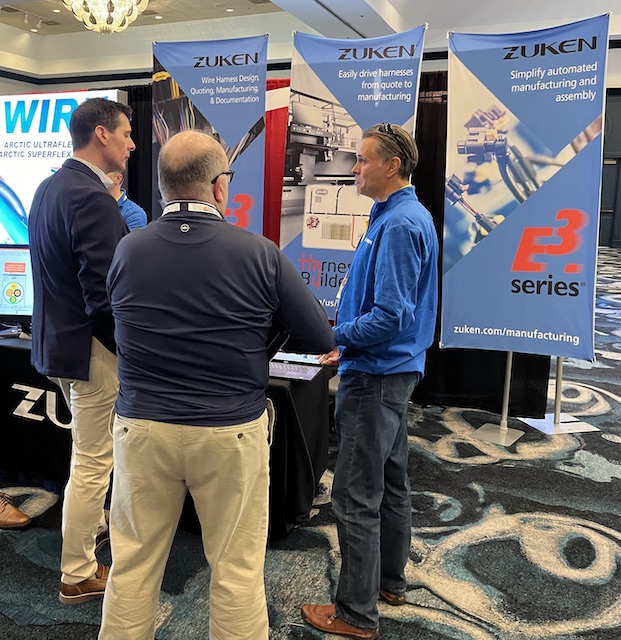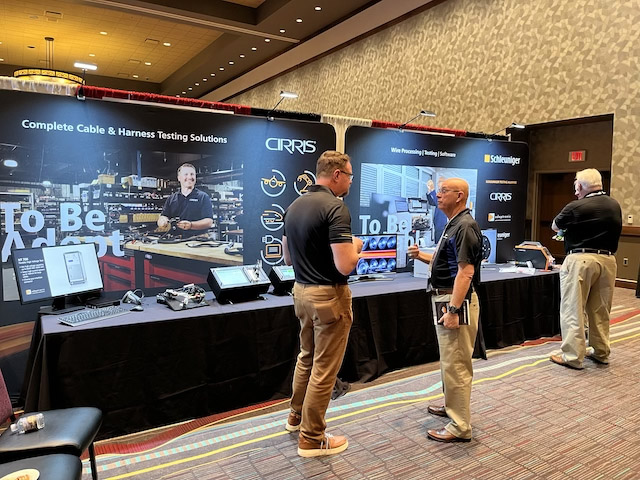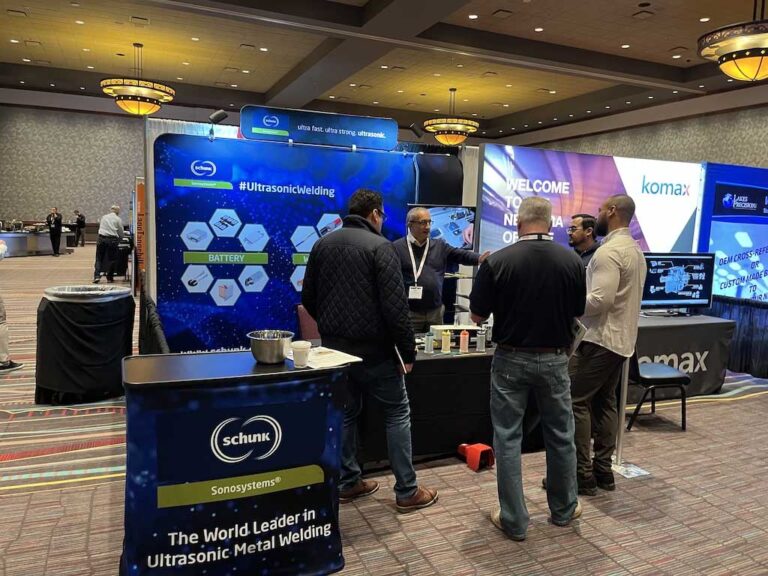Power Women of the Wire Harness Industry
by Melissa Femia
This edition of WHN features a wiring harness design release engineer from Aptiv who is currently on assignment at General Motors. Nancy Lai is the Engineering Supervisor of the High Voltage, Electrification, Autonomous Group. She has been with Delphi/Aptiv for approximately 8 years since graduating from the University of Michigan with a Bachelor of Science in Mechanical Engineering. She is an example of a person who started on the ground floor learning and developing her expertise, and now is the Supervisor of a product engineering group similar to the one in which she first started.
Early Years
Nancy’s parents immigrated separately to the United States from China. Although her mother went to California through familial connections and her father to Detroit, they ended up reuniting as they knew of each other having emigrated from the same hometown in China. After marrying, they lived in Detroit, where they had Nancy and her two sisters. Nancy attended Detroit schools, relocating to Troy during her 6th grade year. When I asked Nancy how she gained exposure to engineering, she told me that her 6th grade year was paramount to transforming her future primarily because her 6th grade science teacher recommended that she consider getting involved in STEM, which at the time consisted of weekly after-school lectures often presented by people working in engineering. As the daughter of parents who did not have formal collegiate educations, she was unaware of engineering through family or friends and also did not have exposure to STEM-related classes or activities while attending the elementary education system in Detroit city schools. Her transition to Troy was a shock; she had a gap to close as she realized that Troy was one of the highest educationally-ranked school systems in the state and country. After her initial STEM exposure, she continued to be interested in STEM and took advanced science and math classes throughout her remaining secondary school years.
Collegiate Experience
While Nancy was interested in attending some universities located on the east coast, she ended up staying in Michigan due to the cost differential between in-state and out-of-state schools. She applied to both the University of Michigan and Michigan State, choosing to attend U of M upon being accepted to both. During orientation, the person speaking to her group advised the students to look left and look right, then told the group that only one of the three of them would actually attain his or her engineering degree. She recalls being so intimidated at that point, and actually concerned that she may have made the wrong choice. However, she persevered through her first year of general courses. She thinks that she was well-suited for success in college because her parents were not the type of parents that helped her regularly with homework. Although she had unending love and support from her parents, she was already somewhat autonomous in completing assignments timely without the necessity of parental reminders. During her Sophomore year, she declared her major as Mechanical Engineering because she felt that it offered the largest base curriculum that would be applicable to a variety of careers. As common in engineering, the majority of her courses had a significantly higher percentage of boys than girls…with a ratio of 5 or 6 girls to over 100 total students. She did not consider the percentage of female classmates as a detriment, as she already had female roommates. She primarily worked in groups with the males rather than in exclusively female groups, and felt perfectly welcomed and comfortable within those groups.
Professional Career
Nancy learned of Delphi after a career fair at U of M in which 200-300 companies exhibited. Soon after, she received a phone call inquiring as to what she knew about wiring harnesses. Although she had no expertise, she exhibited a desire to learn and was chosen to work as a release engineer on a new truck platform rather than starting in an Application Engineering role or as a DRE (Design Release Engineer) on a current platform with fewer requirements for hitting launch deadlines. As she exceled in her role, she was moved to a Lead Engineer role a few years later. Two years later, to gain exposure to the car side of the business, she moved from the truck program and became the Lead Engineer on a Cadillac vehicle program. Again, after two years in that lead role, she was selected to be the Supervisor of the High Voltage, Electrification, Autonomous Group. Although she is still in the product design realm, this area of technology and customer integration is new and rapidly advancing—definitely an exciting area in which to work.
Reflection on Engineering
Nancy is happy that she chose engineering as her career path as she enjoys the work experience and she has continually progressed in responsibility and promotional levels within Delphi/Aptiv. Her biggest piece of advice to young girls choosing a collegiate major is to simply know that engineering is attainable. Yes, one has to work hard as the coursework is not easy—but the benefits are worth the effort. If a student is willing to put in the time, she wants you to know that engineering is not only suited to the very smartest or those who liked working under hoods of vehicles.
Author’s Aside
Thank you, Nancy, for sharing your story. I am thrilled that you and your sisters chose to become engineers.
If you are interested in sharing the stories but missed the original WHN distribution, the articles are available on the Jana Diversity Solutions web- site at www.janadiversity.com, or at wiringharnessnews.com.
If you know a female engineer who would make a great candidate to feature in the Power Women series, please direct them to me at [email protected]


